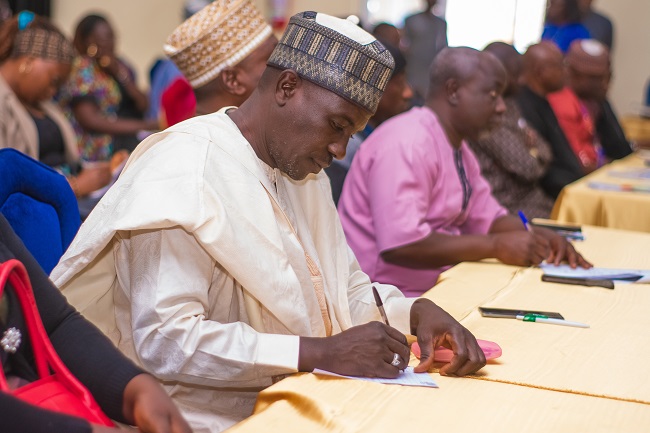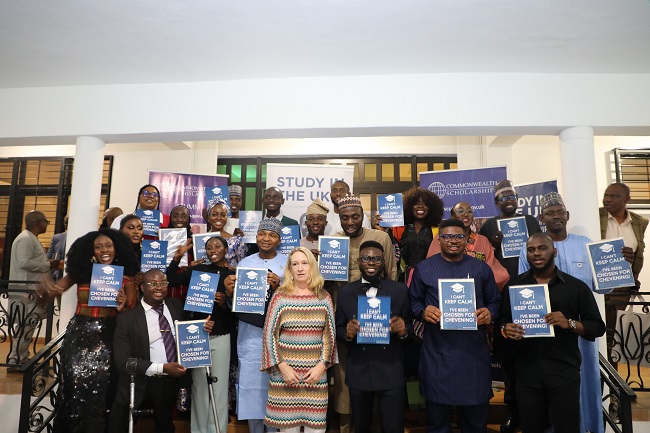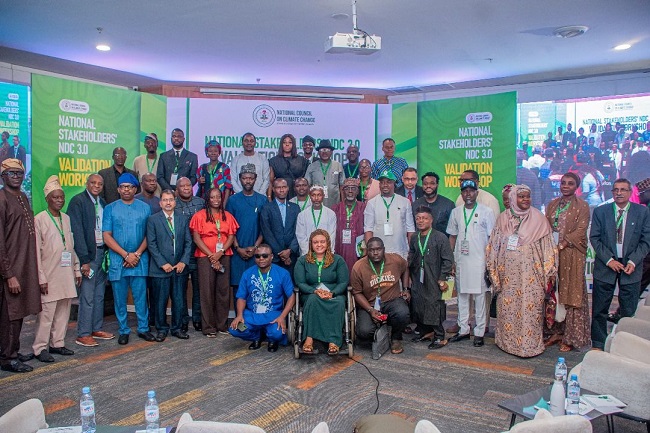TECA Heat Action Wave (THAW), a new initiative to address Nigeria’s escalating extreme heat crisis, was launched on Wednesday, August 27, 2025, by BFA Global, FSD Africa, ClimateWorks Foundation, and the UK’s Foreign, Commonwealth & Development Office (FCDO) Nigeria.
Together, the coalition has committed $1.1 million to support 12 early-stage ventures developing innovative solutions to protect climate-vulnerable communities from the growing impacts of extreme and chronic heat.

Extreme heat events are now at least 10 times more likely in West Africa due to human-caused global warming. In Nigeria, millions of jobs and livelihoods are already at risk, with more than 60% of the population regularly exposed to dangerous heatwaves. Urban settlements like Lagos, Kano, and Abuja now experience heat indices above 50°C during peak months.
“Extreme heat represents perhaps the most overlooked consequence of climate change affecting Africa today,” said Juliet Munro, Early-Stage Finance Director at FSD Africa. “It’s not only a public health emergency, but a threat to livelihoods, productivity, and long-term economic resilience. Through this initiative, we’re making a strategic investment in African-led innovation, supporting scalable, context-specific solutions that deliver real impact where it’s needed most.”
THAW will support 12 early-stage ventures developing market-driven early warning tools, innovative financial instruments such as parametric heat insurance, emergency-centric finance tech, and ecosystem enablers and builders – tools and services that help individuals and small businesses operate more safely and efficiently in rising heat, preferably integrating early warning systems or fintech solutions.
Selected entrepreneurs will receive seed capital, venture-building support, and expert-led sprints on user research, product design, business modeling, and fundraising. Each startup will be matched with an embedded venture builder who will join their team to accelerate execution and strategy. Entrepreneurs will also gain access to a suite of technical specialists, female-focused mentorship, and local consultants to support prototyping and market testing.
“Addressing the impacts of extreme heat requires bold, market-led innovation, and that’s exactly what this initiative delivers. By supporting local entrepreneurs to develop viable, scalable solutions, we’re strengthening the role of the private sector in driving climate resilience. FCDO is proud to back this partnership, which puts Nigerian-led innovation at the centre of solving one of the region’s most pressing climate adaptation challenges,” said Temi Akinrinade, Private Sector Development Advisor at FCDO Nigeria.
“Extreme heat is silently eroding lives, productivity, and economic opportunity,” said Tyler Ferdinand, TECA Director at BFA Global. “Through TECA, we’re not only funding ventures, we’re embedding the strategic support, networks, and capital they need to transform survival into resilience.”
“The world is racing against a closing window of time for investing in the ability of communities to withstand and recover from climate shocks. Adaptation is not only a response, but also a strategy for economic security, market stability, and shared prosperity in a warming world,” said Jessica Brown, Senior Director of Adaptation and Resilience at ClimateWorks Foundation.
The program will run through mid-2026, culminating in demo days and investor events. High-performing ventures may qualify for reinvestment and tailored follow-on support through 2027.
Implemented by BFA Global in partnership with FSD Africa, TECA is a venture-building program designed to spark exponential climate action by sourcing and accelerating bold, locally grounded solutions to emerging climate threats. This new heat-focused initiative reinforces TECA’s commitment to inclusive entrepreneurship, gender-intentional design, and transformational funding, positioning Nigeria as a hub for scalable, investable climate innovations.









